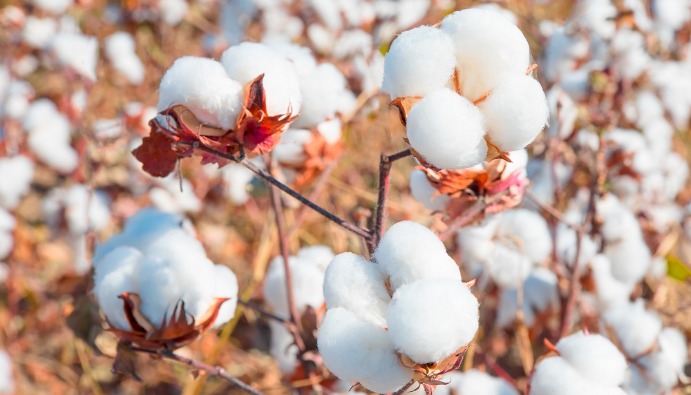GMO Analysis in Cotton

Cotton Analysis
Cotton is a strategic product with a wide range of applications, from agricultural production to the textile industry. However, cotton produced using genetically modified organisms (GMOs) has sparked debates from both environmental and ethical perspectives. Therefore, conducting GMO analysis on cotton products is critical for sustainable production, supply chain transparency, and consumer safety.
Organic cotton means that producers have prevented GMO contamination throughout the process from production to the spinners and brands. GMO analysis in cotton is important and different from other GMO analyses.
What is GMO in cotton?
Genetically modified cotton is a plant whose natural genetic structure has been altered using genetic engineering techniques. These changes are usually made for the following purposes:
- Resistance to pests: The “Bt gene” (e.g., Bacillus thuringiensis gene) is added to develop resistance to cotton insects.
- Herbicide tolerance: Herbicide-resistant genes are added to facilitate weed control.
- Production efficiency: Cotton varieties that are more resistant to diseases and environmental conditions are obtained.
Benefits of GMO Detection in Cotton
- Responding to Consumer Demand: Meets growing consumer demand for GMO-free textile products.
- Legal Compliance: Ensures compliance with regulations in different countries.
- Brand Trust: Products subject to GMO analysis increase consumer confidence by providing transparency.
- Environmentally Friendly Production: Contributes to sustainable agriculture by controlling the environmental impact of GMOs.
GMO analysis in cotton not only ensures compliance with legal regulations, but also serves important goals such as sustainability, consumer confidence, and environmental protection. Analyses performed using advanced technology methods increase transparency in textile production while limiting the potential effects of genetically modified organisms. Shifting to GMO-free cotton production opens the door to a safer and more responsible future for both producers and consumers.
Our laboratories, located in many parts of Turkey, continue to carry out “GMO Analysis in Cotton” in accordance with relevant legal regulations and standards.
The types of GMO analysis performed in our laboratory are as follows:
- Cotton seed (cottonseed): Raw cotton
- Seed cotton: Raw cotton containing both seeds and fibers before ginning
- Cotton lint: Raw fiber that has undergone ginning
- Greige Yarn (Raw yarn): Unprocessed, long, continuous strands of cotton lint that have been cleaned and then spun
Contact us for GMO analysis in cotton.
| IWA 32:2019 |
Screening of genetically modified organisms (GMOs) in cotton and textiles |

